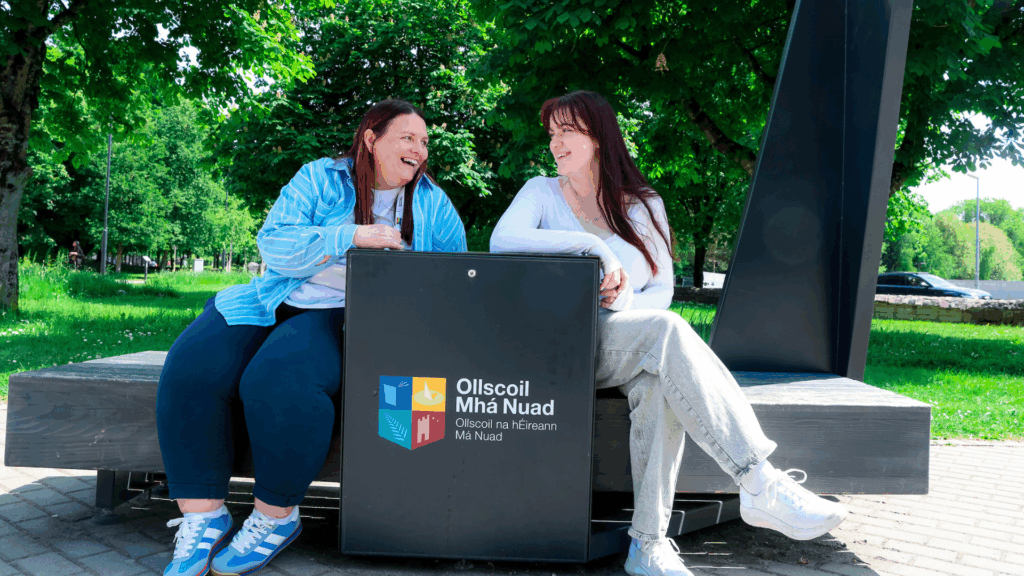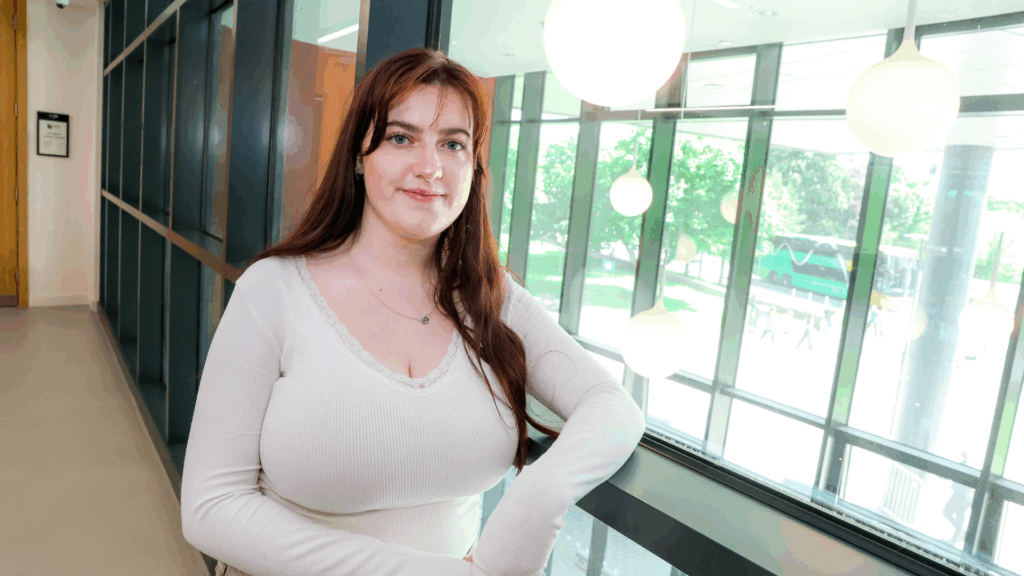Generation Access - Maynooth University
Megan Lambert, studying Psychology at Maynooth University
Megan accessed college through the DARE scheme and the HEAR scheme
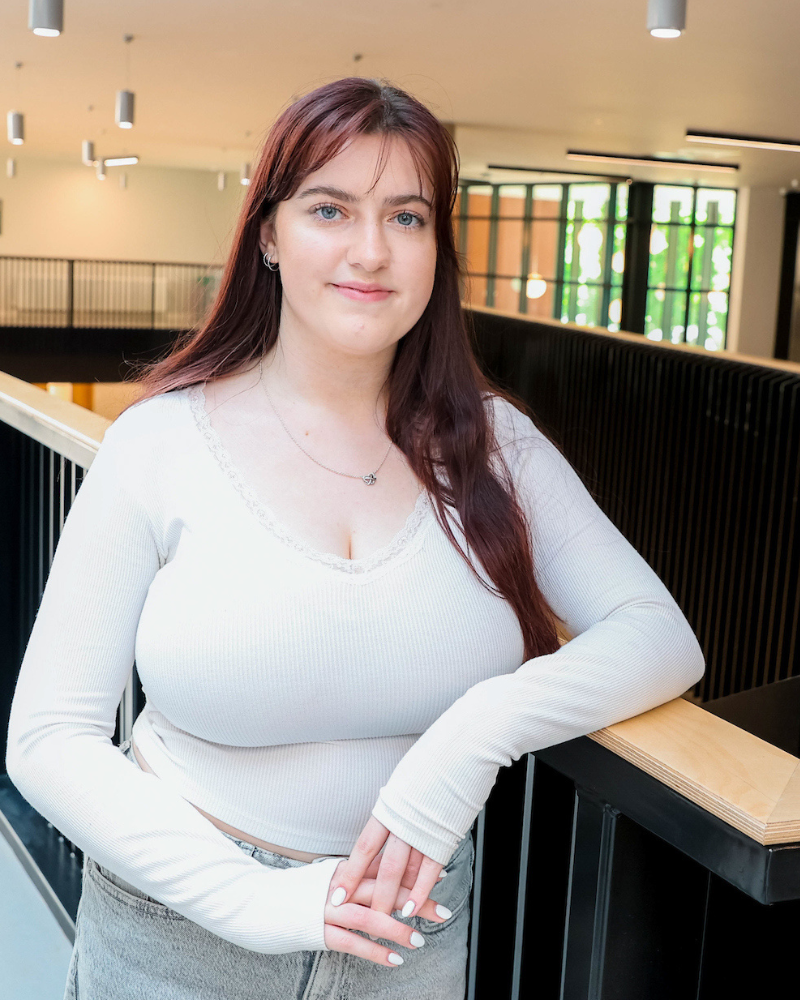
University life has been complex to say the least. I think college life is always changing, you have a different timetable with different classes each semester, but this also invites new friends along the way.
Academically, looking back it’s crazy to see how far I have come. In my course I got to complete a research internship which led me to publish my very own research article. With the support of my supervisor I gained much confidence in my academic writing and my capability of independent work.
I think college really helps you to develop time management skills and an independent work ethic.
Socially, university offers many social activities. One which sticks out to me is the opportunity to volunteer as an Access Student Ambassador. I got to work in a team to develop the university’s open days, which included working on sensory rooms and social games rooms.
I also got the chance to support staff with HEAR and DARE talks during the open days, answering students questions and giving a student’s perspective. My social skills and public speaking skills greatly improved after this and I made some great friends along the way.
Where do you see yourself after completing your degree?
I am aiming to go further into my studies and complete a postgraduate programme in Occupational Therapy. I cannot wait to work in this profession to help other people like me.
Sandra Collins, Student Advisor at Map (Maynooth Access Programme), Maynooth University
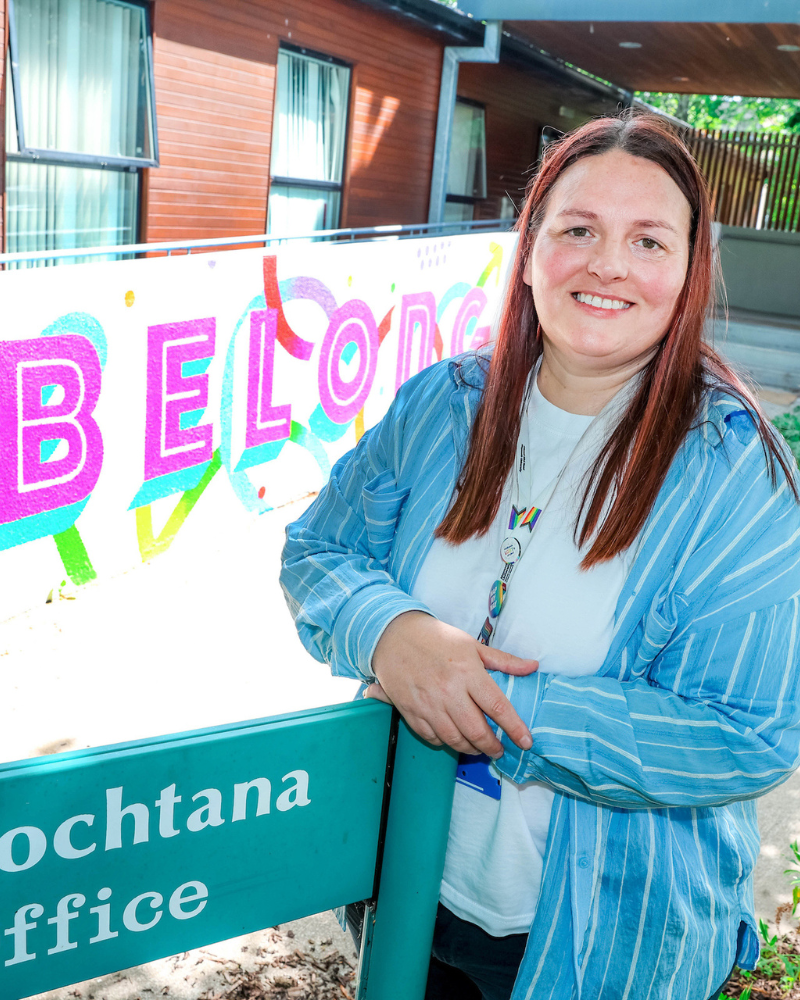
As a MAP Student Advisor, I coordinate Ireland’s first integrated advisory service supporting students from diverse and underrepresented backgrounds—including Traveller, Roma, care-experienced, formerly imprisoned individuals, sanctuary scholars/refugees, HEAR/DARE participants are more.
My role involves guiding students to navigate higher education systems and processes while encouraging them to take an active role in problem-solving through a supportive, non-judgemental and solution-focused approach.
What are typical challenges that students from underrepresented backgrounds face when getting through university?
Efforts to widen participation for marginalised groups are continually challenged by broader societal issues, such as the housing, childcare and financial crises, which disproportionately impact access students.
Students often cannot engage with university opportunities like internships due to the additional costs or risks to their social welfare supports. Furthermore, the lack of diverse representation and awareness among faculty can leave students feeling misunderstood and struggling to see themselves reflected or thriving within academia.
What impact have you seen access schemes have on students’ experiences and success in university?
Education significantly improves the economic prospects for marginalised individuals and their families, sometimes breaking generational cycles of disadvantage. We have also seen increased progression at MU from underrepresented students through access schemes.
Gerard Gallagher, Student Advisory Manager at MAP (Maynooth Access Programme), with support dog Pal at Maynooth University
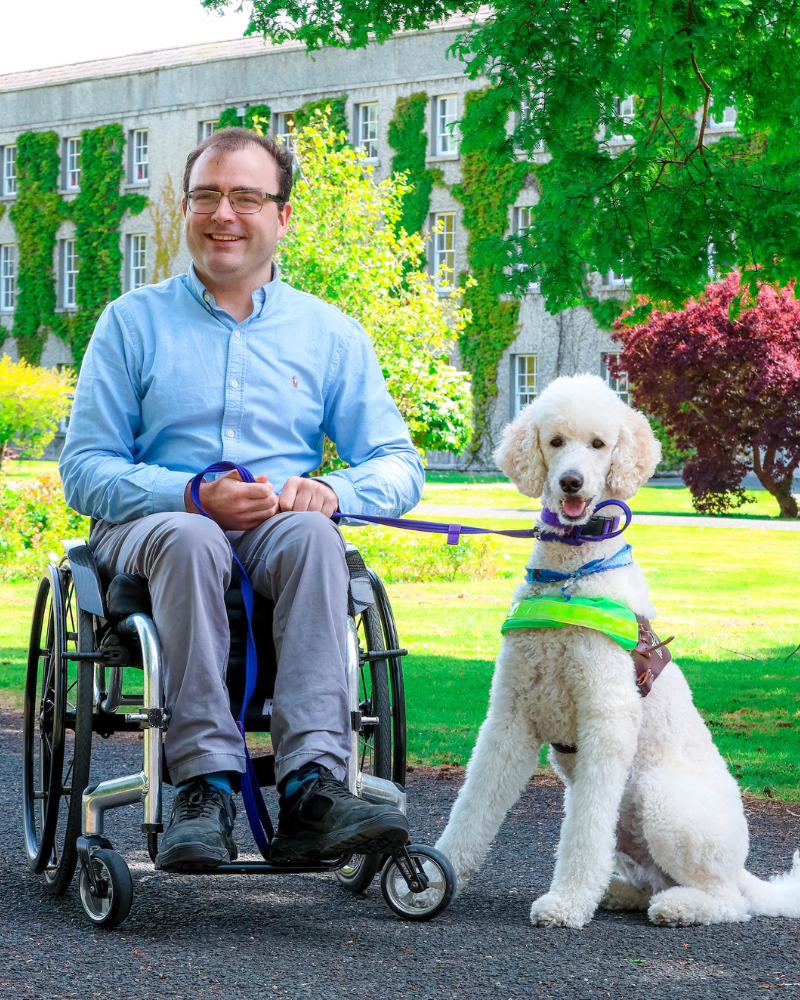
I manage and lead the Maynooth University Access Programme (MAP) Student Advisory Service. This service is Ireland’s first integrated student advisory service for students from diverse groups. We support students providing a range of comprehensive academic, personal, social and financial supports to equip them with key skills for success during their time in University and with skills for their future career.
How has the college life and your job changed since starting the role?
College life has changed significantly in the last number of years. Now more and more students are using technology to support their learning. The number of students availing of supports has significantly increased. Students are balancing multiple competing demands including part-time work and commuting. They are less likely to live on campus or close to the university because of the cost of accommodation.
What impact have you seen access schemes have on students’ experiences and success in university?
Since their establishment in 2008 the numbers of students availing of supports has significantly increased. Now many students have made the successful transition from university into employment. With the right supports, students can succeed to the same level and excel beyond their peers. Financial supports and academic supports along with assistive technology have allowed students to reach their academic potential.
How can universities, policymakers, and the public better support your students and these initiatives?
Consistent long-term funding will be important in order to ensure that universities can effectively plan and assign staff resources accordingly. Increased funding will also allow for ongoing recruitment of more long-term staff which will improve the student experience.


